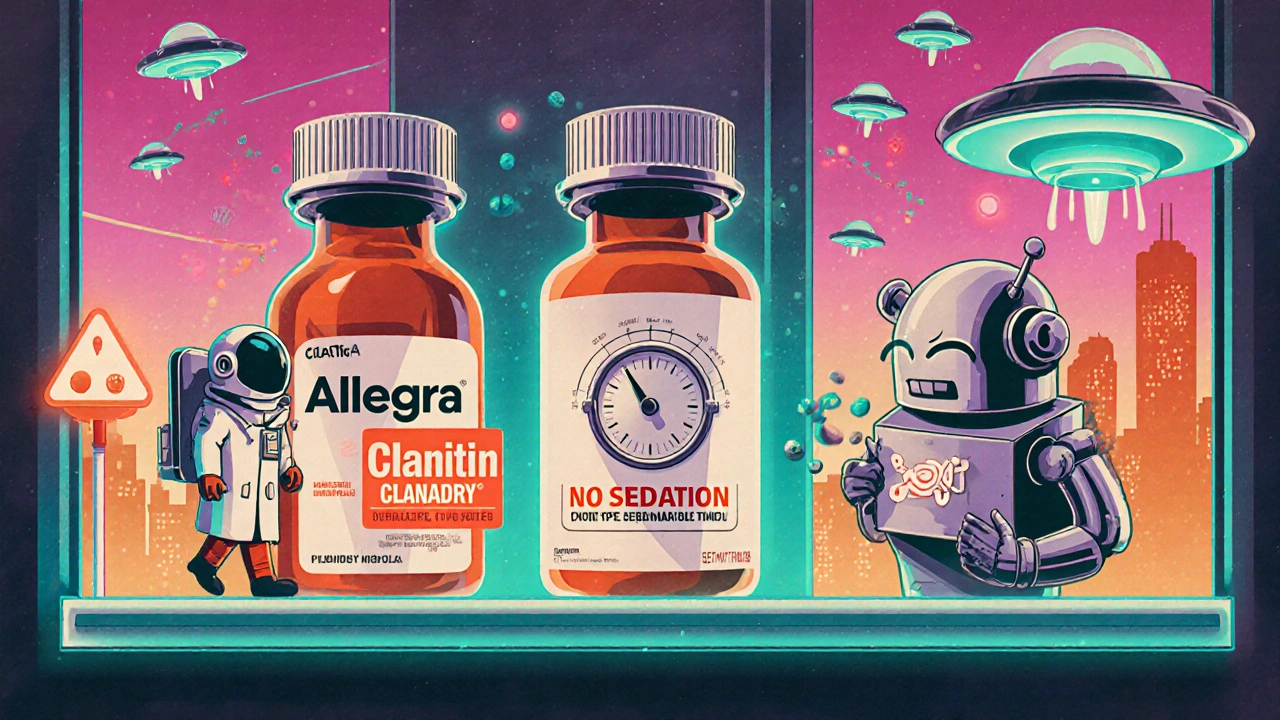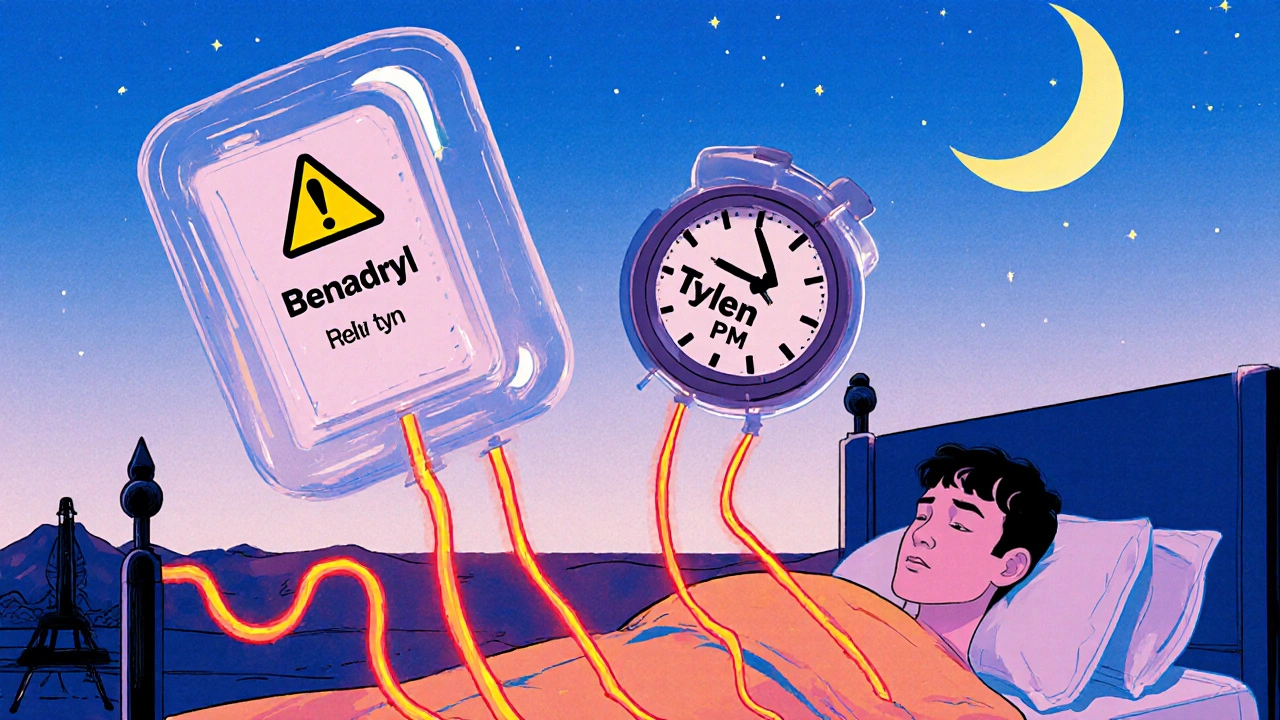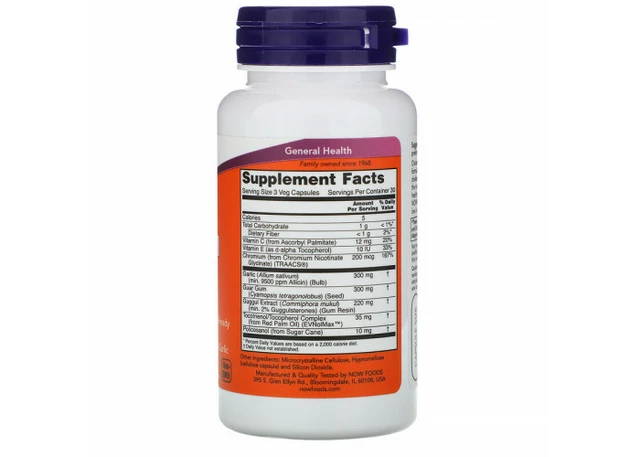Antihistamines: What They Are, How They Work, and Which Ones Actually Help
When your nose runs, your eyes itch, or you feel dizzy from motion, antihistamines, medications that block histamine, a chemical your body releases during allergic reactions. Also known as allergy pills, they’re one of the most common over-the-counter treatments used worldwide. You don’t need a prescription for most of them, but that doesn’t mean they’re all the same. Some make you sleepy. Others don’t. Some work for hay fever. Others are better for motion sickness or hives. Knowing the difference matters.
Antihistamines target histamine, a substance your immune system releases when it thinks you’re under attack—from pollen, pet dander, or even certain foods. That’s what causes swelling, sneezing, and runny nose. But histamine also plays a role in your inner ear balance system, which is why some antihistamines like meclizine, a drug used to treat vertigo and nausea from motion sickness. are prescribed for dizziness, not just allergies. Not all antihistamines are created equal. First-generation ones like diphenhydramine cross into your brain and cause drowsiness. Second-generation ones like loratadine or cetirizine barely touch your brain, so you stay alert. That’s why your doctor might pick one over the other based on whether you drive, work nights, or just want to get through the day without nodding off.
What you’ll find below isn’t just a list of pills. It’s a real-world guide built from actual questions people ask—like why meclizine works better than Benadryl for car sickness, or why some antihistamines don’t help with chronic hives. You’ll see comparisons between common brands, what side effects really look like in practice, and which ones are worth keeping on hand. There’s no fluff. Just what works, what doesn’t, and why.
 12 November 2025
12 November 2025
Antihistamines: Types, Side Effects, and Safe OTC Use Guidelines
Learn how to choose the right OTC antihistamine for allergies, understand side effects like drowsiness, and use them safely every day. Compare Zyrtec, Claritin, Allegra, and Benadryl with real-world data.
 28 October 2025
28 October 2025
Antihistamines and Restless Legs: Worsening Symptoms and Safe Alternatives
Sedating antihistamines like Benadryl can severely worsen restless legs syndrome by blocking dopamine in the brain. Learn which allergy meds are safe and what alternatives actually work.
Latest Posts
-

Gouty Arthritis Joint Protection: Proven Tips to Prevent Joint Damage
-

Policosanol: The Dietary Supplement That's Making Waves in Cardiovascular Health
-

Statistical Analysis in BE Studies: How to Calculate Power and Sample Size Correctly
-

Best 5 Natural Melasma Remedies for Faster Skin Lightening
-

How to Store Sumatriptan: Tips for Keeping Your Medication Safe and Effective

12